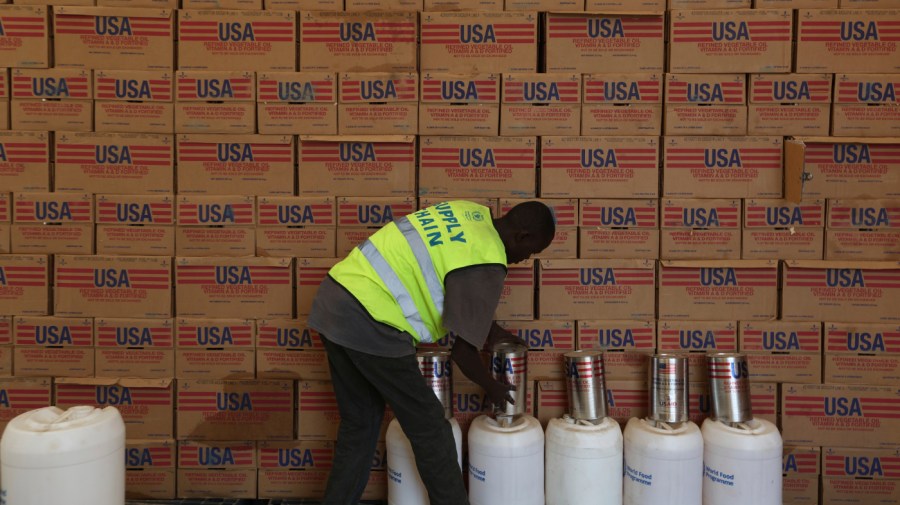As the United States celebrates Thanksgiving, discussions surrounding global hunger are gaining urgency. The reduction in U.S. foreign assistance has significantly impacted efforts to combat hunger worldwide. According to the Global Hunger Index, nearly 828 million people suffer from hunger globally, a figure that has been exacerbated by cuts in aid.
The effects of these funding reductions have been profound. The U.S. Agency for International Development (USAID) has reported a decrease in its budget for international food assistance, falling from $3.8 billion in 2022 to $2.1 billion in 2023. This decline limits the ability of organizations like the World Food Programme (WFP) to deliver essential food supplies to regions in crisis.
Impact on Global Food Security
The challenges posed by reduced U.S. foreign assistance come at a time when global hunger rates are already alarmingly high. The United Nations estimates that about 345 million people face acute food insecurity. Conflicts, climate change, and economic instability are among the primary drivers of this crisis, making international aid more critical than ever.
Countries such as Yemen, Ethiopia, and Afghanistan are particularly vulnerable. In Yemen, for example, the ongoing conflict has left millions reliant on humanitarian aid for survival. The WFP has warned that without additional funding, many of its food assistance programs could face severe cuts, leading to increased malnutrition and mortality rates.
The Global Hunger Index highlights the urgent need for a coordinated international response to hunger. Experts argue that the U.S. must reconsider its foreign aid strategy to align with global food security goals. The current trajectory threatens not only vulnerable populations but also global stability.
Calls for Policy Reassessment
Advocates for global food security are pushing for a reassessment of U.S. foreign aid policies. They argue that restoring funding is essential to address the root causes of hunger and to support long-term solutions. Organizations like Oxfam and Save the Children have called on Congress to prioritize humanitarian aid, emphasizing that investing in food security is not only a moral imperative but also crucial for maintaining global peace.
As the holiday season approaches, the contrast between Thanksgiving celebrations and the grim reality of global hunger is stark. While many in the U.S. gather around tables filled with food, millions around the world struggle to find their next meal. The need for action is clear, and with escalating hunger levels, the time to act is now.
In conclusion, the celebration of Thanksgiving serves as a timely reminder of the disparities in global food security. With the ongoing cuts to U.S. foreign assistance, the international community must unite to address this pressing issue and ensure that no one goes hungry. The implications of inaction could have lasting repercussions for both humanitarian efforts and global stability.




































































